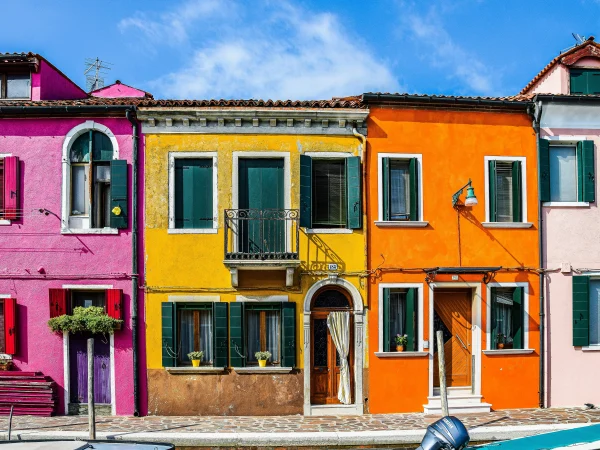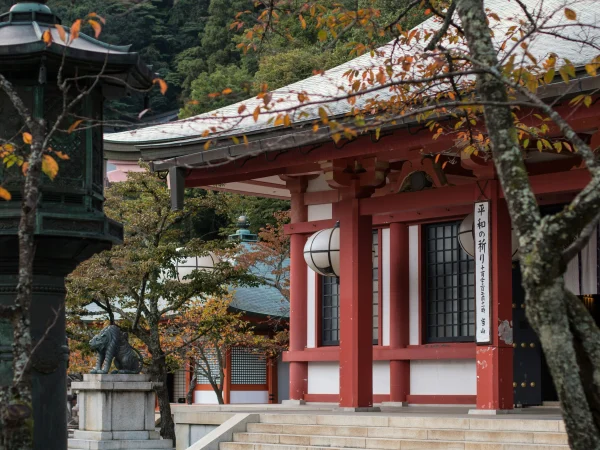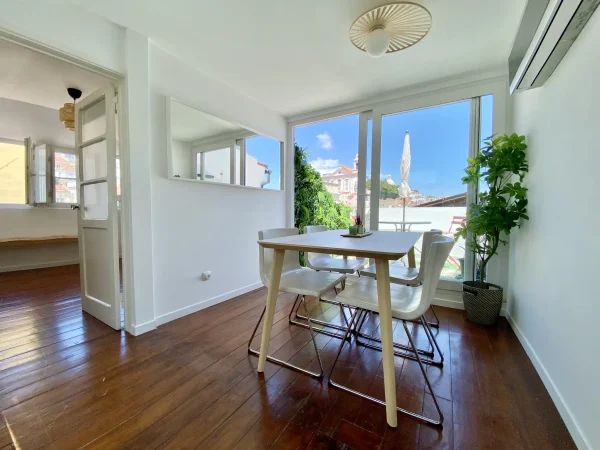Buying a house in the Netherlands is no longer just a dream for expats. With its stable economy, transparent legal system and excellent quality of life, the Netherlands has become a magnet for international buyers looking to establish long-term roots. From professionals relocating to Amsterdam to families settling in quieter cities like Utrecht or The Hague, demand for property among non-Dutch residents is rising fast.
In this article, we walk you through everything you need to know about buying a house in the Netherlands, including current market trends, price insights, legal steps, mortgage tips and the hidden costs to anticipate.
1. A Competitive Real Estate Market in Major Dutch Cities
If you’re planning to stay in the Netherlands long term, buying a house can quickly become more cost-effective than renting. In cities like Amsterdam, where rental prices are high and housing supply is limited, homeownership often offers greater long-term stability.
The Dutch real estate market remains active in 2025, though constrained by a shortage of available housing. According to the Dutch Ministry of Housing, the country faces a shortfall of over 400,000 homes in 2024, or around 4.9% of the total residential stock. This structural imbalance is a major driver behind rising prices, particularly in urban areas.

From Jordaan to De Pijp — find out where to buy your future home in Amsterdam
2. Average Property Prices in the Netherlands (2025)
Before buying, it’s essential to understand average housing prices in the Netherlands. These vary widely depending on the location and type of property. Amsterdam remains the most expensive, while rural areas offer more affordable opportunities.
Property Price Overview by Location (2025)
| Location | 1-Bedroom Apartment | 2-Bedroom Apartment | Detached House |
|---|---|---|---|
| Amsterdam | $290,000 – $465,000 | $465,000 – $810,000 | $810,000 – $1,395,000 |
| Rotterdam | $175,000 – $290,000 | $290,000 – $465,000 | $465,000 – $700,000 |
| The Hague | $175,000 – $290,000 | $290,000 – $465,000 | $465,000 – $700,000 |
| Utrecht | $230,000 – $350,000 | $350,000 – $580,000 | $580,000 – $810,000 |
| Rural areas | $115,000 – $230,000 | $230,000 – $350,000 | $290,000 – $465,000 |
Note: Prices are average estimates for standard properties in 2025, excluding luxury or subsidized housing. Prices depend on square footage, condition, and neighborhood. In Amsterdam, some listings exceed $10,450/m².
3. How to Buy a House in the Netherlands
For expats, buying a house in the Netherlands often starts with the help of a real estate agent. An agent assists in searching for the right property, negotiating with sellers, and guiding you through the notary process. Many also act as translators or cultural mediators when needed.
However, you’ll need to sign a contract with the agency. Expect to pay fees between 1.5% and 2% of the purchase price. Some contracts include clauses that require payment even if you find a property yourself or back out later, so read carefully.
Popular agencies known for assisting international buyers include Engel & Völkers, Haagen & Partners, and La Fontaine Makelaardij.
To broaden your search for medium to long-term housing, platforms like Funda, Pararius, and Huurwoningen are widely used in the Netherlands.
Advice: Buying a home is a big decision that takes time and planning. While searching, renting through Expedia is a smart way to get a feel for the city, test neighborhoods, and refine your preferences. The platform offers a large selection of furnished rentals, flexible conditions, and handy filters for comparing locations, prices, and verified reviews.
4. Step-by-Step Buying Process in the Netherlands
Once you find a property, you and the seller sign a preliminary contract (koopovereenkomst), usually drafted by the agent. You’ll be asked to pay a 10% deposit, typically held by the notary. The notary then prepares the final deed of sale (akte van levering) and registers the transaction with the Kadaster (land registry).
A notary is legally required for all purchases involving housing in the Netherlands. Expect to pay between $2,300 and $4,000 for their services, plus a 2% property transfer tax. If you’re taking out a mortgage, additional banking and administrative fees may apply.
Note: A 72-hour legal cooling-off period allows the buyer to cancel the agreement without penalty after signing the preliminary contract.

5. Understanding Dutch Condominiums (VvE)
When buying an apartment, you automatically become part of a VvE (Vereniging van Eigenaren) — the building’s homeowner association. This group manages shared spaces, maintenance, and financial reserves.
Before buying, carefully review the financial health of the VvE. Any existing debts may partially transfer to you as the new owner.
6. Additional Costs to Expect
Besides the purchase price, several additional costs come with buying house in the Netherlands:
- Transfer tax: 2% for main residences; 10.4% for second homes (2025 rates).
- Notary fees: $2,300 and $4,000 on average.
- Agency fees: 1.5–2% of property value.
- Registration fees: 1–1.5%.
These represent roughly 6–8% of the total purchase cost. Make sure to factor them into your overall budget.
Looking to move to the capital? Don’t miss our in-depth overview of the cost of living in Amsterdam.
7. Getting a Mortgage in the Netherlands
It’s possible to secure a mortgage in the Netherlands even as a non-Dutch citizen, as long as your finances are stable. Dutch banks typically offer loans covering up to 100% of the purchase price for a primary residence, capped at about 5× your gross annual income.
Lenders often prefer applicants who live and work locally. Having a Dutch employment contract, residence permit, and bank account significantly strengthens your file. If you apply as a couple, both incomes can be taken into account.
For many expats navigating the process of buying housing in the Netherlands, working with a mortgage broker (hypotheekmakelaar) or an independent advisor (hypotheekadviseur) is a smart move. These experts compare loan offers and help you prepare a solid application.
Major Dutch mortgage providers include:
Advisory agencies like Finsens also offer services tailored to expats — including guidance in English and experience with cross-border financing.
You can request a free quote before signing anything, to estimate your monthly payments and borrowing capacity.

Conclusion: Buying a Home in the Netherlands as an Expat
Buying house in the Netherlands can be an excellent long-term investment for expats. Despite the tight housing supply, the process remains transparent, secure, and accessible to foreigners. Ownership helps you avoid rising rents, stabilize your living situation, and build equity in a strong and reliable economy.
To make your dream of housing in the Netherlands a reality, surround yourself with the right experts such as real estate agents, notaries and mortgage advisors. Prepare your budget carefully, including hidden costs and VvE contributions.
With the right preparation and support, you’ll be well on your way to starting a new life in the land of Van Gogh.
FAQ
Is buying a house in the Netherlands a good investment in 2025?
Yes. Despite a tight housing market, demand remains strong and prices are relatively stable. Dutch cities like Amsterdam, Utrecht, and Rotterdam continue to attract both investors and expats.
What are the additional costs when buying a house in the Netherlands?
Typical costs include a 2% transfer tax, notary fees (€2,000–€3,500), agency commission (1.5%–2%), registration fees, and possible translation costs (around €200). Budget for 6–8% in total.
What are the best websites to search for real estate in the Netherlands?
Agency sites like Engel & Völkers or Haagen & Partners are popular among expats for their tailored service and curated listings. You can also browse Funda, the leading real estate platform in the Netherlands. And if you need temporary housing while searching, Expedia offers practical and flexible accommodation options across the country.





